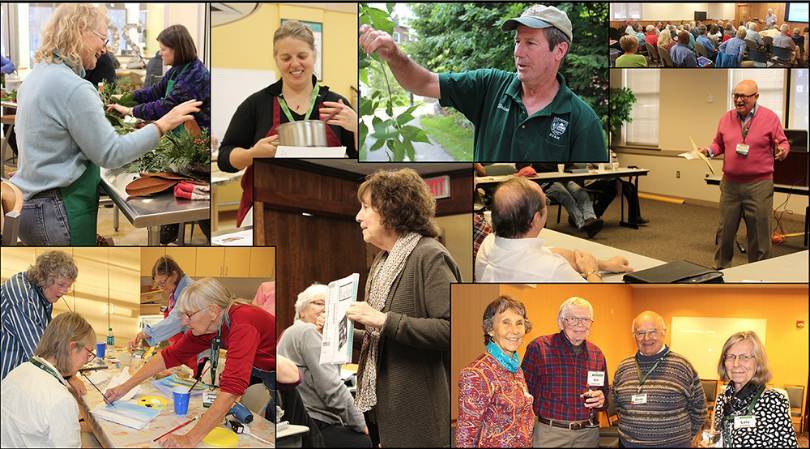Our 2026 Summer Lecture Series will take place once again at the Lebanon Opera House!
Summer Lecture Series 2026
HOW IS ARTIFICIAL INTELLIGENCE TRANSFORMING AMERICA?
Wednesdays, 9:00 AM to 11:30 AM
July 8 - August 12, 2025
Lebanon Opera House, Lebanon, NH
OR Livestream
Save the dates! Registration will open in the spring. This year's topics include:
- Intro to Artificial Intelligence
- Healthcare
- Environmental impact
- National security and defense
- Economic impact and issues
- Morality, ethics, equality, justice, and the need for regulation
Session 1, July 8
Brinnae Bent
Executive in Residence in the Engineering and Professional Programs,
Pratt School of Engineering at Duke
Director, Duke TRUST Lab
Session 2, July 15
Adam Rodman
Assistant Professor, Harvard Medical School
Director of AI Programs, Shapiro Center for Research and Education,
Beth Israel Deaconess Medical Center
Session 3, July 22
Patrick Wheeler
Executive Director of the Center for Digital Strategies,
Tuck School of Business at Dartmouth
Session 4, July 29
Dan Reicher
Senior Research Scholar, Stanford Woods Institute for the Environment
Executive Director, Steyer-Taylor Center for Energy Policy and Finance, Stanford University
Session 5, August 5
Michèle Flournoy
Co-Founder and Managing Partner, WestExec Advisors
Co-Founder and Chair, Center for a New American Security
Session 6, August 12
Walter Sinnott-Armstrong
Chauncey Stillman Distinguished Professor of Practical Ethics, Duke University
You can view past Summer Lecture Series sessions on our YouTube channel!
Quick link: 2025 SLS playlist
Quick link: 2024 SLS playlist
